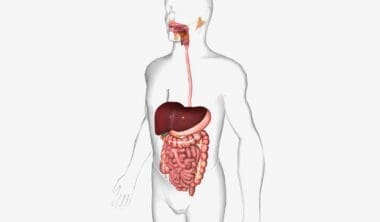The digestive system is a complex network responsible for breaking down food and absorbing nutrients essential for health. Comprehending the functions of different digestive organs and recognizing potential disorders is crucial for maintaining digestive health.
The digestive process begins the moment food enters the mouth and continues through a series of organs, each with specific roles. The stomach acts as a reservoir where initial digestion occurs through stomach acids. The intestines, both small and large, play vital roles in nutrient absorption and waste formation.
Key digestive organs, such as the colon, are integral in absorbing water and nutrients from digested food. Any disruption within these organs can lead to functional impairments and health issues. Understanding these processes can help identify potential problems early.
Digestive disorders, such as irritable bowel syndrome (IBS) and inflammatory bowel disease (IBD), present with symptoms like abdominal pain, bloating, and changes in bowel habits. IBS is a chronic disorder affecting the large intestine, leading to discomfort and altered bowel movements.
IBD, encompassing conditions like Crohn’s disease and ulcerative colitis, involves inflammation of the gastrointestinal tract. These conditions may require medical intervention and lifestyle adjustments to manage.
Small intestinal bacterial overgrowth (SIBO) is another common disorder, where excessive bacteria in the small intestine cause symptoms such as bloating, diarrhea, or constipation. Similarly, gastroesophageal reflux disease (GERD) involves frequent acid reflux, prompting heartburn and potential esophageal damage if untreated.
Conditions like gallstones and celiac disease illustrate the wide range of digestive issues. Gallstones result from solidified chemicals in the bile and may require surgical intervention. Celiac disease, an autoimmune disorder, damages the small intestine in response to gluten, necessitating a gluten-free diet for management.
Maintaining a healthy gut is vital. Incorporating dietary fiber and probiotics can bolster digestion and support the gut microbiome. Avoiding trigger foods and managing stress are also beneficial strategies.
The digestive system’s significance in overall health underscores the need for awareness about its functions and potential disorders. Being informed enables better management and preventive strategies, fostering long-term well-being.
Source: MedicalNewsToday














